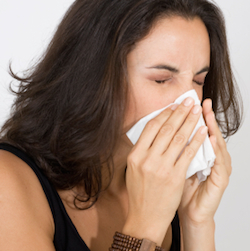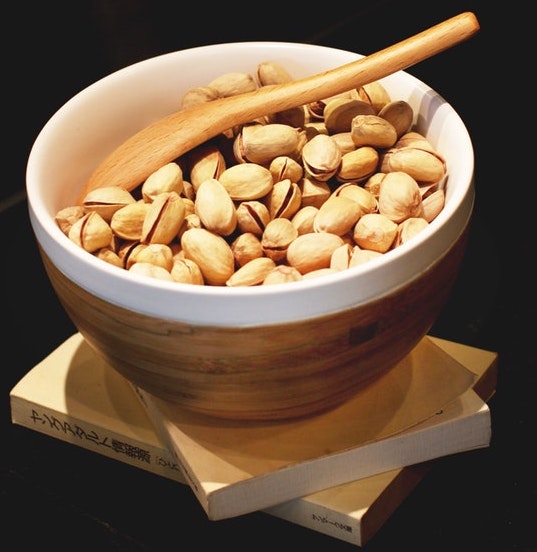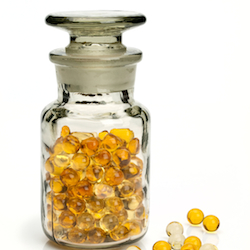Elderberry Minimizes and Inhibits Flu Virus Propagation
A recent study by a group of Chemical and Biomlolecular Engineering researchers from the University of Sydney’s Faculty of Engineering and IT has determined exactly how a popular ancient remedy, the elderberry fruit, can help the fight against influenza. Conducted by Professor Fariba Deghani, Dr Golnoosh Torabian and Dr PeterRead









